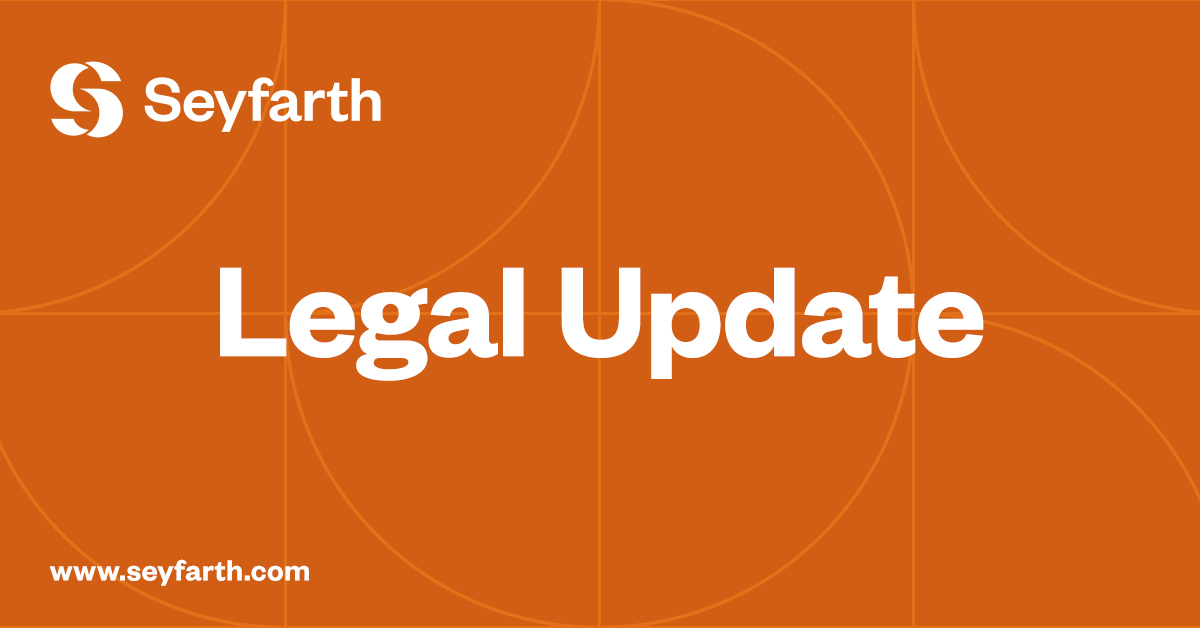EEOC Issues Final Regulations for Pregnant Workers Fairness Act: What Employers Need to Know
EEOC Issues Final Regulations for Enforcement of Pregnant Workers Fairness Act
On April 15, 2024, the Equal Employment Opportunity Commission (EEOC) issued its final regulation and interpretive guidance for the enforcement of the Pregnant Workers Fairness Act (PWFA), a law that took effect in June 2023. The PWFA requires covered employers to provide reasonable accommodations to qualified employees or applicants with known limitations related to pregnancy, childbirth, or related medical conditions absent an undue hardship on the employer.
Background
In December 2022, President Biden signed the PWFA into law, which went into effect on June 27, 2023. The EEOC started accepting charges of discrimination alleging violations of the PWFA on its effective date. In August 2023, the EEOC issued proposed PWFA regulations. After considering comments received, the EEOC issued its final regulation on April 15, 2024. The PWFA is the first federal law enforced by the EEOC that requires employers to provide accommodations for medical conditions related to a woman’s pregnancy.
Important Definitions Under PWFA
The final regulations define “pregnancy” and “childbirth” broadly to include current, past, or potential pregnancies, as well as related medical conditions. Covered medical conditions can include complications related to pregnancy termination, post-partum issues, and reproductive health issues not directly related to pregnancy. The PWFA Regulations also cover limitations related to abortion.
Additional Key Provisions of the Final Rule
Employers must provide reasonable accommodations for known limitations related to pregnancy, childbirth, or related medical conditions, unless it causes undue hardship. The PWFA Regulations define “temporary” limitations and require accommodations of last resort to be a leave of absence. Employers may only request documentation for accommodations when reasonable and must consider certain modifications as predictable assessments of reasonable accommodation.
Recommendations
Employers should update policies and practices to accommodate employees with pregnancy-related limitations and provide training for management and HR teams. To stay informed on pregnancy accommodation laws, sign up for Seyfarth’s mailing list and view their paid pregnancy accommodation survey.
Overall, the final regulations provide clarity on the requirements for employers under the PWFA and emphasize the importance of providing accommodations for pregnant workers. Stay tuned for further developments in this area of law.


